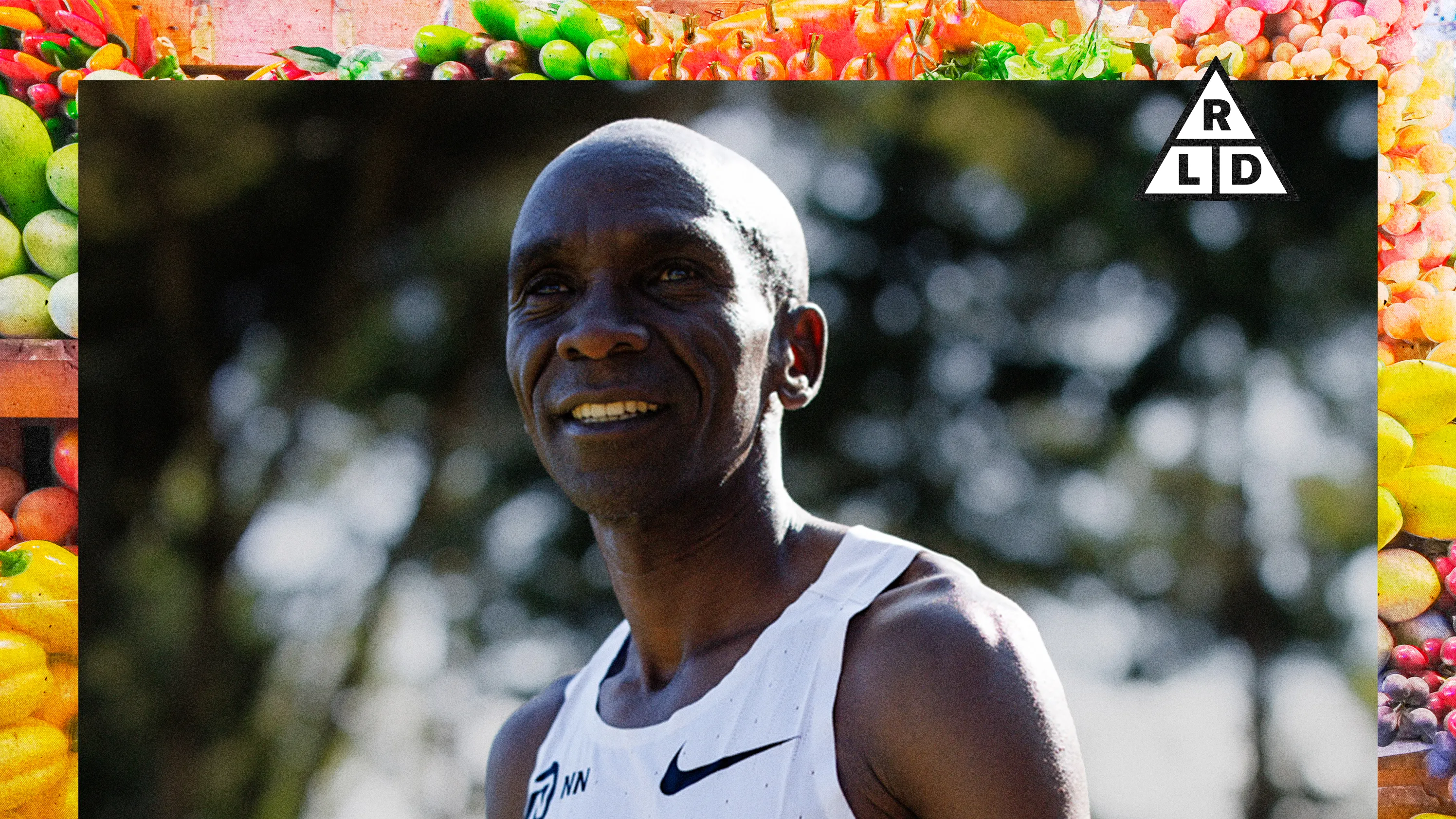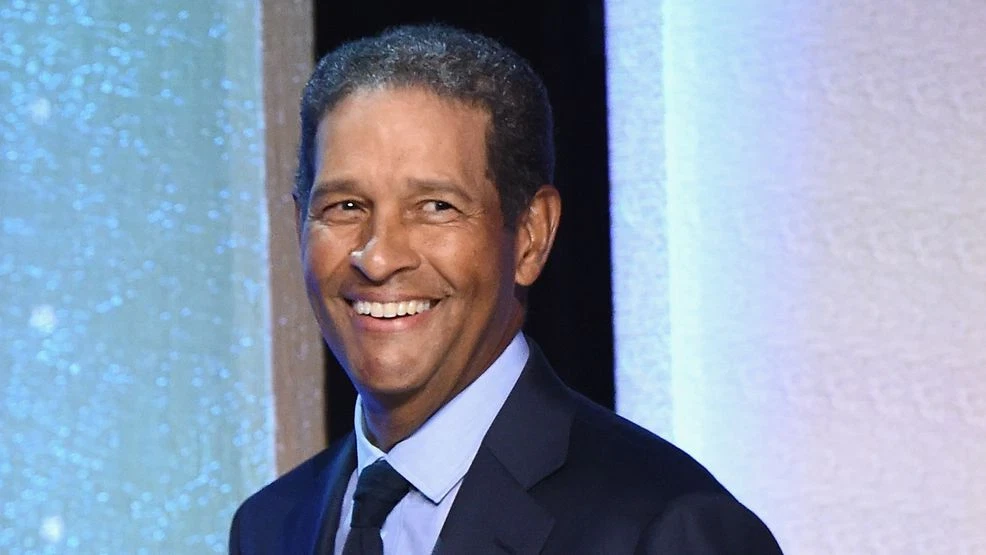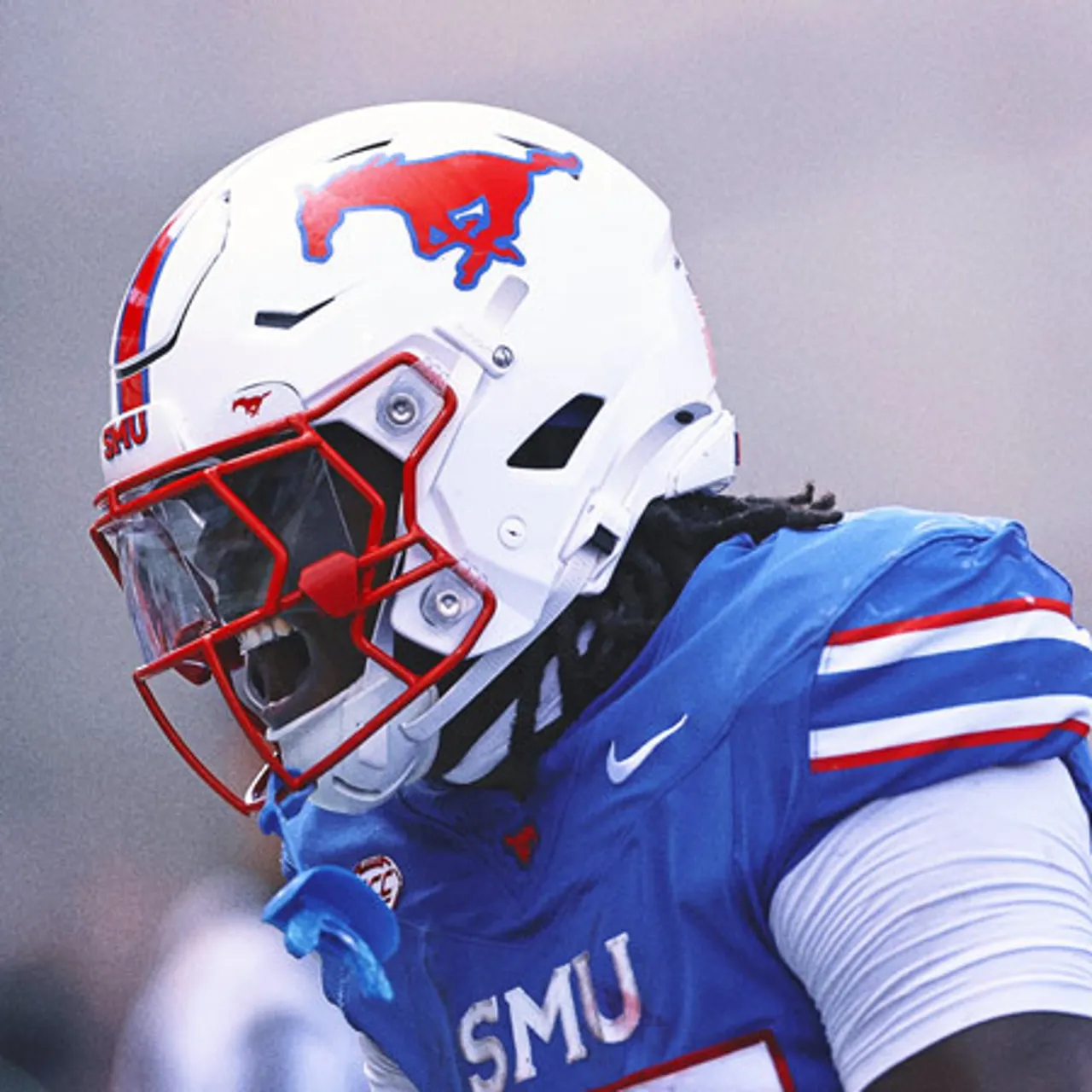Copyright gq

If we’re talking about the GOAT of marathon running, we’re talking about Kenyan runner Eliud Kipchoge, who started running 26.2 miles in 2012 after he failed to qualify for his country’s Olympic track team. For most of his career, he won nearly every single marathon he entered. From 2018 to 2023, he held the marathon world record, clocking 2:01:39 in Berlin in 2018, then lowering it to 2:01:09 four years later. But his biggest legacy? He’s the only human to ever break the two-hour barrier for a marathon, running 1:59:40. That’s a mind-blowing 4 minutes and 34 seconds a mile, if you were curious. This feat—the Ineos 1:59 challenge in Vienna—didn’t count as an official world record. It was a controlled time trial, complete with a pacing van and mid-race water bottle handoffs. But still, it cemented his status as the best marathoner of all time (for now) and raised the bar for what runners believed was possible. Since then, the rest of the running world has gotten faster, chasing the standard he set—and probably chasing the “official” record too. Now, at 40—after over 20 years of competitive running—he’s preparing to close a chapter. When he toes the line at the 2025 New York City Marathon this November, he’ll complete his final Abbott World Major, joining a small club of runners who’ve finished all seven (Tokyo, Boston, London, Berlin, Chicago, New York, and the newly added Sydney). And don’t worry, while he may be wrapping up his pro career, he doesn’t plan to stop running. Ahead of his final race, GQ caught up with Kipchoge over Zoom from his training camp in Kaptagat to talk about the fitness secrets behind his impressive career, including his recovery strategy, his surprisingly simple diet, and why he started using a glucose monitor for training. GQ: I know you’re probably deep in preparation for New York. How are you feeling heading into it? Eliud Kipchoge: Yeah, feeling good. Training is going on well, and I’m looking forward to flying to New York. GQ: You just finished the Sydney Marathon a few weeks ago, and you’re on your way to get your seventh star to complete all of the Abbott World Major Marathons. Yes, I’m really looking forward to New York to put that medal on my neck. I can say, in New York, that I’ll be a complete marathon runner. What’s the significance of completing all the World Majors? It’s a beautiful legacy as far as marathon running is concerned. Running all the world major marathons and getting a medal is really, really important. And that’s what I’ve been looking for. That’s a thought that has been in my mind for a very long time. And I trust it’s in every marathoner’s plan to complete all of the seven major marathons in the world. I’ll get a medal, enjoy, try to reflect on what has been happening for the last 10 years and see what I’ve been doing for that long. Going across the world, finishing all the six—it’s been really ups and downs, but at the end of it, I will get a medal. So is there any reason you saved New York for the last one? Oh, New York is the biggest city ever. New York is the fastest city ever. New York is just…New York. All the businesses in the world are there. All the social media channels are there. It’s a high time to go there, run in the New York streets. Get your medal, celebrate, talk with people. Yeah, I might be biased because I’m in New York, but I think the energy is pretty amazing here. Do you have any pre-race superstitions or rituals? I don’t have rituals. I’m just a normal person. [Laughs.] What does your warm-up look like for the day of? I just warm for 25 minutes by stretching. Get on my running clothes, my running shoes. Go to the starting line. Start the race, move on. I know the idea of discipline comes up a lot in your interviews. So what does that look like for you day-to-day right now? I’m training in a good way. The training is going on right and I try to enjoy it. Looking forward to the next two, three weeks—I’ll be in New York. The moment I train in a good way and enjoy the training, that’s the time my mind will be calm. Are you training any differently for New York because it’s hilly or known to be pretty challenging? Not really. In Kenya, it’s up, up and down. But I trust that the terrain that we are using here in Kenya will solve this all round, and will enable me to run in New York. So what do your weekly workouts look like? How often are you doing easy runs versus speed work? Each week, I focus on three key sessions: a Fartlek session [a speed-based interval workout that alternates between fast and slow running], a track session, and a long run. I’m doing speed work twice a week, like Tuesday and Saturday, my long run on Thursday. My long runs are usually 30K or 40K. The rest of the days are recovery runs throughout the rest of the week. Are you doing any strength training or mobility work? Yes, I do exercise twice a week for around 60 minutes, which is trying to tell my muscles—hey! something is coming at the end of the month. What does that look like for you? This training is a mixture of bodyweight strength exercises and mobility exercises. This way our body becomes strongerbecomes stronger, and it helps to prevent injuries. Any problem areas that you target, like your hips or your calves? I target everywhere, especially my legs to be more flexible. I target all the body actually in my exercises. You seem to have a pretty high training load and I know that your team focuses on how you feel instead of necessarily on metrics. How do you adjust your training in response to how your body feels? I am actually training the way my body feels. If I don’t feel well, I try to train but not to push. Because the more you push and you don’t feel well, the more you are destroying your body. So I’m training and, of course, trying to push the limits. When I feel good, I train and enjoy it. But when I don’t feel really good, I train according to where my body is. And I trust and believe that that’s the only magic to make your body conditioned as far as running in the marathon. Yeah, I think that a lot of people have their training program and they see something on the schedule and stick to it no matter how their body feels. Yes, sometimes I stick but not to run actually 200 percent. If I have to do the workout, just by finishing it, I am a happy person. What kind of technology or gear do you use? Do you rely on that or more of the feeling? I really use technology. I have a watch. I use to follow and monitor my heart rate, and it tells me if something is wrong. Normally, we have a technician who monitors what we are doing. And the technology with watches nowadays—with your heart rate—it covers everything and it tells you in advance if something is wrong in advance. Are there any other pieces of gear that you love? Really I use my watch, I use my heart rate, I use my Lingo—that’s the sensor from Abbott to monitor my glucose, but those are the few which I’m really focusing on. I’ve definitely heard of people wearing glucose monitors, but how do you take that and apply it to your running? It’s really great because you get the level of your glucose all the time. You also cannot actually assume that you are well-hydrated when you are not. So the app tells you that you need to hydrate. Now you know what you are doing then there is no need actually to struggle to either up hydration or anti-hydration. So it’s helpful. * [Clarification: Lingo measures your blood glucose levels, and dehydration can spike your blood sugar. Kipchoge knows when to drink more water based on elevated blood glucose levels, the device does not directly tell you when to drink water.] That ties into nutrition and I think that’s been a big conversation in the endurance world lately. How do you eat? What does your diet look like? I always try to eat a balanced diet. I try to carbo-load when I’m doing big workouts the next day. Like today, it’s a Wednesday. I’m trying to eat a lot of carbohydrates, it gives me more energy for the long run tomorrow. But I’m still trying to make sure that my food is still complete with all the nutrients. What do you eat after a long run? After a long run, we start our recovery by drinking tea and eating bread. For lunch, we have beans with rice and for dinner, ugali [a popular Kenyan dish made of cornmeal.] This is how a typical day looks for us as far as food is concerned. We keep this consistent throughout our marathon preparation. Do you work with a team or do you just eat how you feel? No, I work with the team. We have a nutritionist here in our company where he tells us, this is the right food to eat. So we are actually on it. So, a balanced diet during the week and then carbs leading up to your long runs. What about during your runs? When I’m doing the long runs, personally, I use Maurten, which is one of the sports drinks. It’s really good for me, and that’s what I’m using to give me energy and keep my body more excited. One week or five days before running a marathon, I tried to do more carbo-loading to bring more energy towards the marathon weekend. I’ve noticed that a lot of runners are talking more about trying to take in a lot of carbs during the actual marathon. Is that something that you’ve been doing? Inside the marathon I am spreading out my drinks [at the aid stations.] I’ve been running for five years using the Lingo [glucose monitor], so I’ve learned how to do it, and how much to consume. When you do that, you will perform well. You can cross the finishing line with all the energy and enjoy the day after the marathon. Yes, so you don’t feel wiped out afterwards. If you are really well hydrated, you don’t feel like you have given your all. After the marathon, you can recover very fast and you can still walk and your mind is still working well. What does your recovery look like? When I have speed work or the long run, I give myself an ice bath for more recovery. I get a massage to clean the tissues. That’s all and then I relax. And do you take time off after a marathon or do you keep running? I normally take time off after a marathon, try to jog for two to three days, have a massage. Then I take real time off to let my mind calm again. After that, I will start to pick up slowly by slowly. So in those weeks off, what do you do? I totally relax, be with my family. I just relax, feel comfortable at home. Because for three months, you know, you need to run five days a week, it’s tough. I know you’ve been running for a long time now. How has your relationship with training and recovery changed? All the things are changing, you know. When I was in track and field a long time ago, we had no recovery and training was just normal. Now we know when to recover, we know when to train. That’s why I run fast, I enjoy the recovery, I enjoy the running. Fun. Fun. I enjoy going to training and I’ve run a lot of marathons. Long time ago, before technology, it was tough. But thank you to technology. It really helps to know when to train and when to recover. Absolutely. If you have a watch, it tells you you need to recover for the next three or four hours, then you do exactly what you are doing and it’s awesome. And as you think about running for the rest of your life—is this important? How do you think about your longevity in this sport? I think it’s important for me to continue running for a very long time, be on trail every day. Just for my fitness, for my health. Do you take part in any of the trends like saunas or red light therapy? No, not really, I have no facility for saunas, because I’m still running at a high level. And maybe when I start to reduce and calm down, I will jump into saunas. Tell me about your sleep schedule. I sleep about six and a half to eight hours, and that’s enough for me. I am strict on my sleep—I go to bed at night, wake up at quarter to six. When I get time to sleep during the daytime, I can just have a nap and sleep. But mostly at night is when I get enough sleep. Any supplements? Not really. How do you take care of your mental health? I’m taking care of my mental health by trying all my minutes to think positive. I try to be around positive people, read positive content, and learn about positivity in the world. That’s what makes my mind think positive and be calm. Are there ever days you wake up and you’re like, I don’t want to do this. I don’t want to train. Absolutely, yes. Sometimes I feel like, let me sleep today. But then I ask myself what will happen? Then I just wake up, put on my clothes, put on my shoes, and move on. What have you learned about yourself as you train for your last world major? I’ve learned that being happy in training is what makes you run in a good way. The happiness that you enjoy in training, that’s the only remedy that you can get. That’s the only way to boost your training, and that’s the only way to have good results in races. So happiness in your mind, good health, no injuries, that’s it. Most people aren’t trying to train at the level that you are. But is there anything that they can take away from your approach or do you have any advice for casual marathoners? My advice actually is consistency. Get your consistency. Train in a good way. Make your body adapt to training like every day, or even five days. Without consistency, you feel that pain. The more you are consistent, the more you enjoy racing, the more you enjoy training, the more you can enjoy any sort of running. In Real-Life Diet, athletes, celebrities, and other high performers talk about their diet, exercise routines, and pursuit of wellness. Keep in mind that what works for them might not necessarily be healthy for you.



